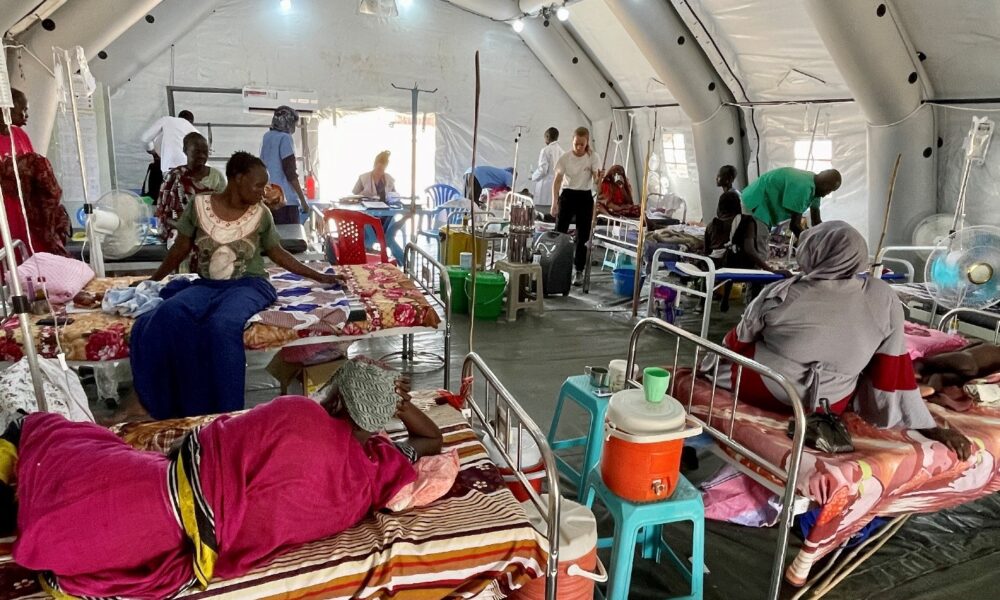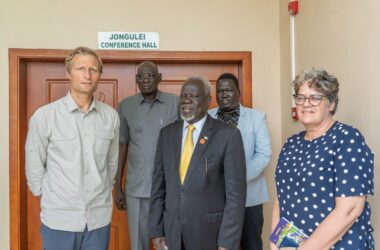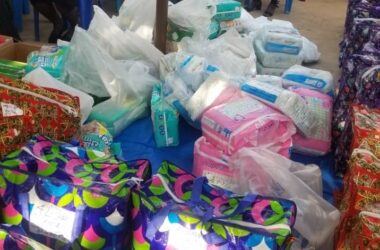By Charles K Mark
An immediate scale-up lifesaving aid is required as the ongoing war in Sudan increases the needs of people across the border in South Sudan.
In a statement, Médecins Sans Frontières (MSF) noted that refugees and returnees fleeing the war, as well as for the host communities in South Sudan, need aid.
The war in Sudan has created one of the world’s largest displacement crises, with more than 10 million people forced to flee their homes.
Over 680,000 of these individuals have arrived in South Sudan since April 2022, at a time when the country’s health system and existing humanitarian assistance can barely meet the needs of its own population.
MSF warns that in the coming months, the pressure on health services and aid organizations is likely to increase, with an estimated seven million people predicted to be without access to sufficient food by July.
Renk, a town in Upper Nile state located around 60 kilometers from the official entry point of Joda, is now home to around 13,000 refugees and returnees who are currently stranded in and around the transit center.
“The number fluctuates depending on the onward movements; either they wait to be able to continue their journeys across South Sudan or return home in Sudan,” MSF reported.
Living conditions for these displaced individuals are dire, with limited access to food, water, shelter, sanitation facilities, and medical care.
Many who arrive at the border are injured and acutely malnourished, having walked for weeks to reach safety.
Dak Denj, a 70-year-old cattle herder has been staying in Renk transit centre since December 2023.
He said, “sometimes we manage to eat twice a day, but usually we only eat breakfast, and we go to bed at night with empty stomachs, even the youngest ones.”
Around 300 kilometres from Renk, thousands of refugees and returnees are also living in the Bulukat transit center near Malakal town, facing similar shortages of essential resources and increasing incidences of illnesses such as diarrhea and respiratory infections.
MSF’s head of mission, Iqbal Huda, emphasized that the humanitarian response remains inadequate to the reality of the needs, in a context where there is already considerable strain on the health system.
“We urgently call on international donors to allocate funding to address the needs of the returnees, refugees and host populations in South Sudan,” Huda appealed.
The continuing influx of refugees and returnees to South Sudan is likely to worsen already acute shortages of food and water among both new arrivals and host communities, making it even harder for people to access critical medical care.



